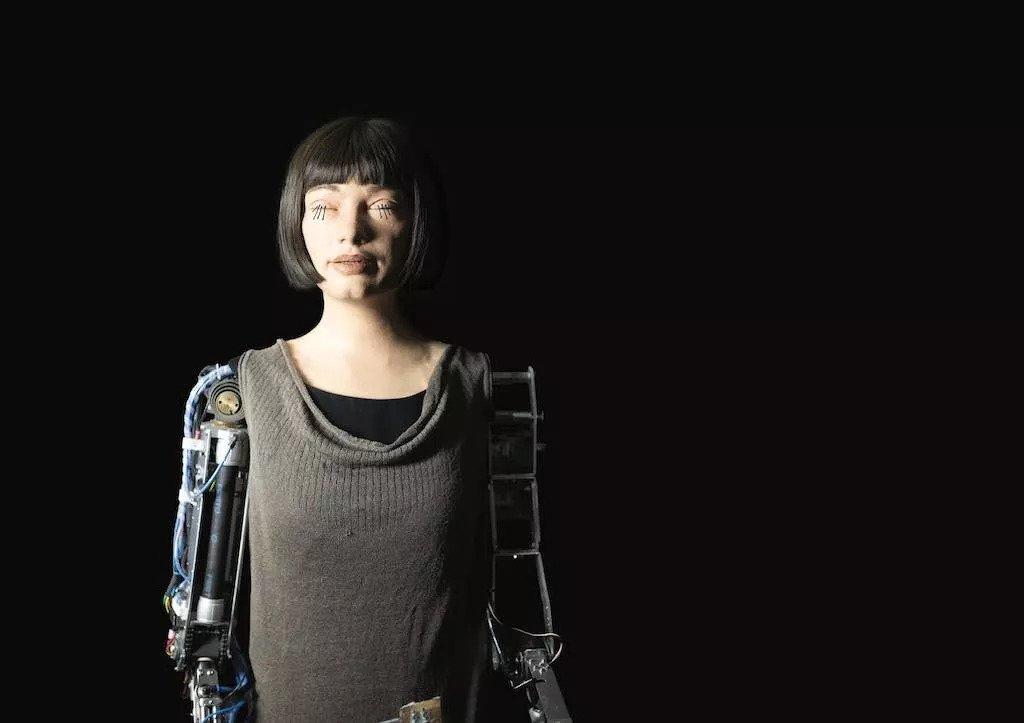The ongoing ‘AI for Good’ Summit by the United Nations is happening in Geneva, where specialized robots are being showcased to support the organization in achieving its 17 Social Development Goals (SDGs). These goals were established in 2015 but have become challenging due to increasing costs. The United Nations is addressing issues like hunger, poverty, and climate change, which have seen a significant cost rise of 25 percent to $176 trillion from 2021 to 2022, according to a Reuters report.
With less than a decade left to accomplish the UN SDGs, the Summit in Switzerland aims to explore practical applications of AI to advance the SDGs and implement these solutions globally.

At the Summit, humanoid robots will be demonstrated in roles such as nursing assistants, contemporary artists, companions, and conversational partners. The United Nations believes these robots can be harnessed for positive purposes. Notable progress has been made in AI technologies, including chatbots, object detection, and human emotion recognition.
While concerns exist about AI and artificial general intelligence (AGI) potentially dominating humanity, Frederic Werner, the Head of Strategic Engagement at the ITU Telecommunication Standardization Bureau (the Summit organizer), states that the intention is to showcase the capabilities, opportunities, and challenges of AI and robots, initiating a global dialogue, as per Reuters.

The Summit expects over 5,000 attendees and takes place from July 6 to 7. On the first day, cutting-edge robotic AI solutions will be demonstrated by companies like Pepper the Robot, GoBe Robot, Aliengo, B1, and Go1. The second day will feature a panel of robots answering questions from the press.
“The proliferation of robotics, artificial intelligence, quantum computing, the Internet of Things (IoT) and cloud and mobile computing, can support human well-being and the SDGs,” noted the United Nations 2023 report on progress towards the SDGs.
Furthermore, the United Nations is already utilizing AI in other domains. For instance, the World Food Programme’s HungerMap project leverages AI to analyze data and identify regions at risk of hunger. The same project employs AI to develop remote-controlled trucks for delivering emergency aid in hazardous zones. The World Health Organization is also working on an AI-powered benchmarking system to ensure accurate disease diagnoses, as reported by Reuters.


